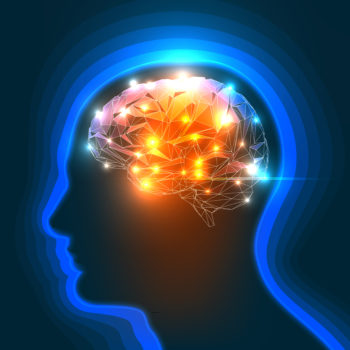Previous research has shown that people with alcohol use disorder (AUD) have more difficulty with working memory (WM) tasks and in planning for the future, compared with people without AUD. Individuals with AUD also overvalue immediate rewards, such as consuming an alcoholic drink offered to them, and devalue potentially larger future rewards, such as better health. The devaluation of delayed rewards is also known as “delay discounting.” A new study funded by the National Institute on Alcohol Abuse and Alcoholism (NIAAA) has shown that WM training, along with episodic future thinking (EFT), may improve the ability of some people with AUD to value delayed rewards. WM training uses tasks or games to enhance brain functions such as short-term memory and attention, whereas EFT involves visualizing positive future events or rewards.
In the current study, led by Warren K. Bickel, Ph.D., of the Virginia Tech Carilion Research Institute, 50 people with AUD participated in either 20 active WM training sessions or control sessions. Before and after each session, participants also completed novel WM tasks, delay discounting tasks, and tasks that combined delay discounting and EFT. The researchers found that WM training enhanced the effectiveness of EFT in participants who had the highest delay discounting rates when the study began. These findings suggest that WM training may exert its effect on EFT by strengthening the ability of people with AUD to reconstruct the episodic cues during the tasks. The researchers note that this study is one of the first to show that WM training enhances EFT, and that more research is warranted to investigate this relationship.
Reference:
Snider, S.E.; Deshpande, H.U.; Lisinski, J.M.; Koffarnus, M.N.; LaConte, S.M.; and Bickel, W.K. Working memory training improves alcohol users’ episodic future thinking: A rate-dependent analysis. Biological Psychiatry: Cognitive Neuroscience and Neuroimaging 3(2):160–167, 2018. PMID: 29529411
